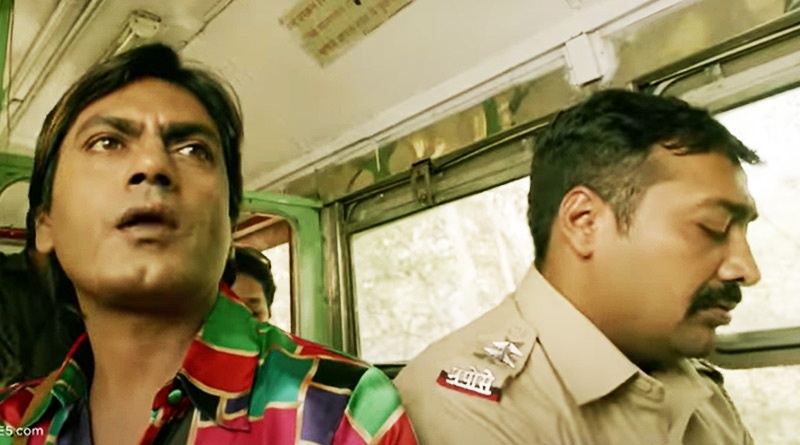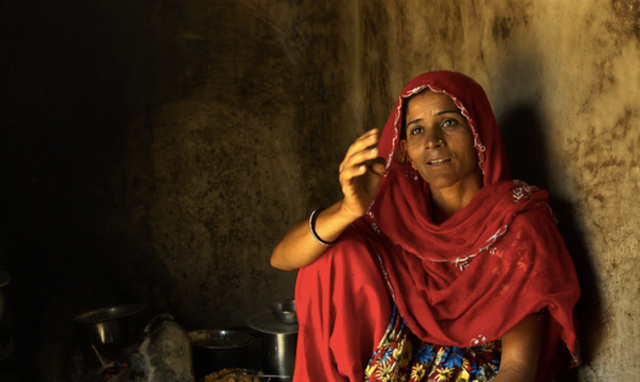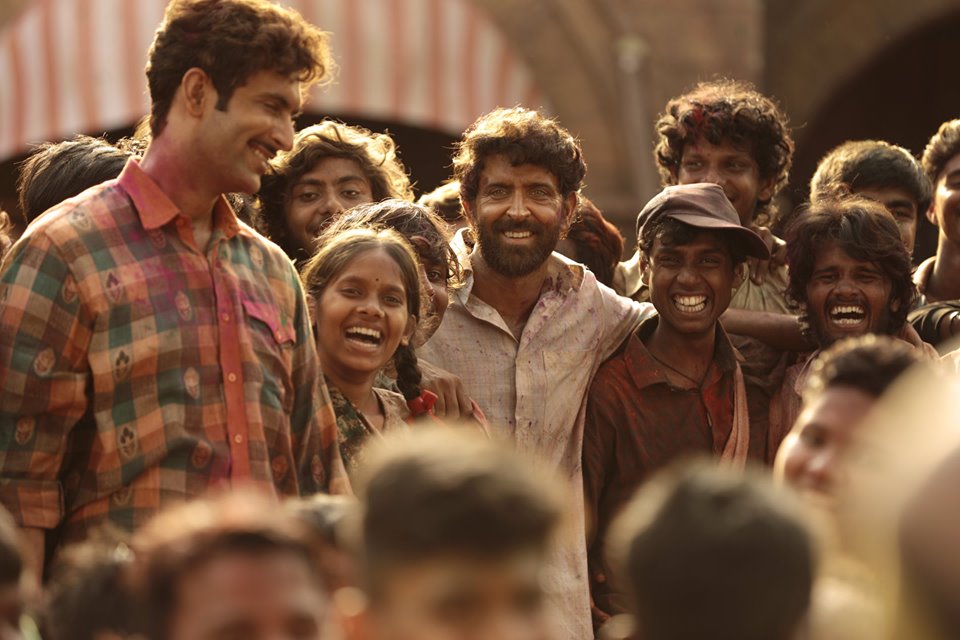CINEMA
The acclaimed Bengali Film-maker Rituporno Ghosh is considered one of the most prolific minds in the genre of filmmaking who had a specific flair for depicting human relationships that the society refused recognition to and empowered the sexually marginalised to find voice.
Saumya Trivedi is a Film Critic – based in Mumbai.

The emergence of Rituparna Ghosh on the screen of Bengali films characterised a peculiar breakaway from the cinema of the past at least as far as its exploration of the gendered self was concerned. When Ghosh died at the early age of 49, it was a time when critical acclaim and fame were both surrounding him.
He received widespread adulation for his ability to write nuanced scripts, construct characters with multiple layers and a gentle storytelling that had fine eyes for details. Through his films he was able to bring forth a social and politico-cultural radicalism about gender, sexuality and the politics centred on desire. His films have and will continue to generate a conversation on love, sexuality and desire and enable us to renegotiate gender politics and feminism in our times.
What made his films reach out to a wider audience was the fact that he wrote all his stories within the familiar urban space where there were perpetual struggles between modernity and stereotypical middle-class values.
What is commendable is the fact that even when Ghosh was speaking of such complex issues he was able to direct twenty films over the twenty years that he put himself in the director’s chair. Ghosh’s intricate filmmaking couldn’t escape the eyes of film critics and specialists across the world and no wonder; he won twelve National Awards and several international accolades in film festivals across the globe.
It wouldn’t be an exaggeration to assert that Ghosh was one of the most promising directors that have emerged in India in the 1990s. A documentary film named Bird of Dusk in recent times is an attempt to critically document and share with a wide ranging audience – the life and cinematic genius of
Rituparno Ghosh. In fact, what is interesting to observe is the fact that this documentary is the first critical attempt to throw light on the life and times of the great director. The film has been directed by Ghosh’s dear friend and later assistant Sangeeta Dutta. The film is just 90 minutes long and has been directed in a way that while retaining its objective nature it manages to also toggle the heart’s many strings. The voice-over of the film has been done by legendary actor Soumitra Chatterjee.
What has added to the beauty of the film is that it has portions of Ghosh’s own literary creations and the editorials that he wrote for ABP group’s film magazine Anandalok recited by Chatterjee. This feature adds to this film by bringing it the authentic element by Ghosh himself. Ghosh was not just limited to directing films; he had a creative mind and wrote extensive poetry too.
He reached out to people who had complex gender identities like his own self and made ample scope for these to be discussed through his films. The film is beautiful because it throws light at the many aspects of Ghosh’s mind. The film also allows actors who have worked with him including Sharmila Tagore, Arjun Rampal, Nandita Das and Preasenjit Chatterje to explore the facets of Ghosh’s genre of films while many international film curators discuss his position the realm of international cinema.

The life and mind of Ghosh are beautifully depicted through the film as much as are his dilemmas and painful revelations. The conversations around the life of Ghosh are livened up through footages from television based interviews ad clips taken on the set. What adds to the cinematic experience of the film is the fact that it also dives into the folds of the city that Ghosh saw as both mother and muse-Kolkata and enables the spectator to find out what it meant to Ghosh.
The Kolkata that Ghosh relished was not similar to its Bollywood depiction but rather a more realistic, politically vibrant, culturally enriched, historically poignant yet dynamic city where the river ran despite the changes just like the story of Ghosh’s sexuality. The burning desire the Ghosh had to become non-hetero-normative asserts how much Ghosh wanted to rethink gender imaginations and alienated sexuality. Today the gender binary has come to be seen in new light and the LGBTQ struggle has come to the open streets but Rituporno Ghosh was much ahead in his imagination as he delved into the tabooed areas of queer sexuality. Being from the third gender, he asserted the need for society to have open discussion and accept all those who weren’t confirming to the given gender forms.
In his films, he highlighted how the third gender struggles only because they had a unique sexual orientation. Based in the backdrop of cinematic Kolkata, Ghosh made many films such as Unsihe April, Bariwali, Dahan, Titli and Utsab to challenge the stereotypical notions about gender.
He also asked the question whether motherhood and womanhood were exclusive or could they transcend the gender binary. He questioned conventional sexuality and the glorification rampant in media politics. He expressed his gay identity in 2000 and devoted his creative energy to make alternative sexuality heard. In films like Aar Ekti Premer Golpo , Ghosh himself played a gay filmmaker.
He verbalised many issues that we speak of today much ahead of his time. In his last days, Rituporno led a very unhappy existence because both his parents had passed away and his brother had distanced himself from Ghosh. He feared to reach to well-known actors in the Hindi film industry because he feared that they may be hesitant to work with him due to his sexuality.
He had innumerable stories to tell where children in many of the homes of actors where he went to with his script would come up to him and inquire whether he would like to be called uncle or aunty. He felt hurt that the world did not accept him even though he had come to terms with the fact that he was unique in his sexuality. Friends and family began to boycott him as he confronted his sexuality and underwent surgery to ensure that his physique was in tune with his gender preference.
He was ridiculed and laughed at by several people but despite the odds, he made his presence felt.
Rituporno Ghosh had brought with him his personal life to the films but paradoxically, he had no home to return back to after his shooting.














